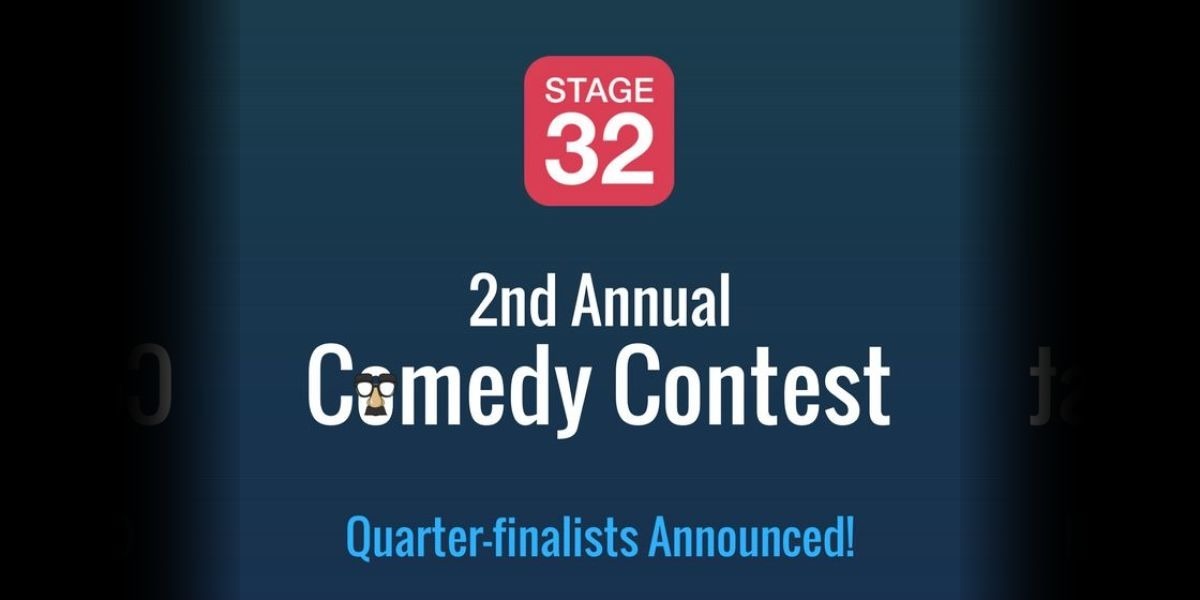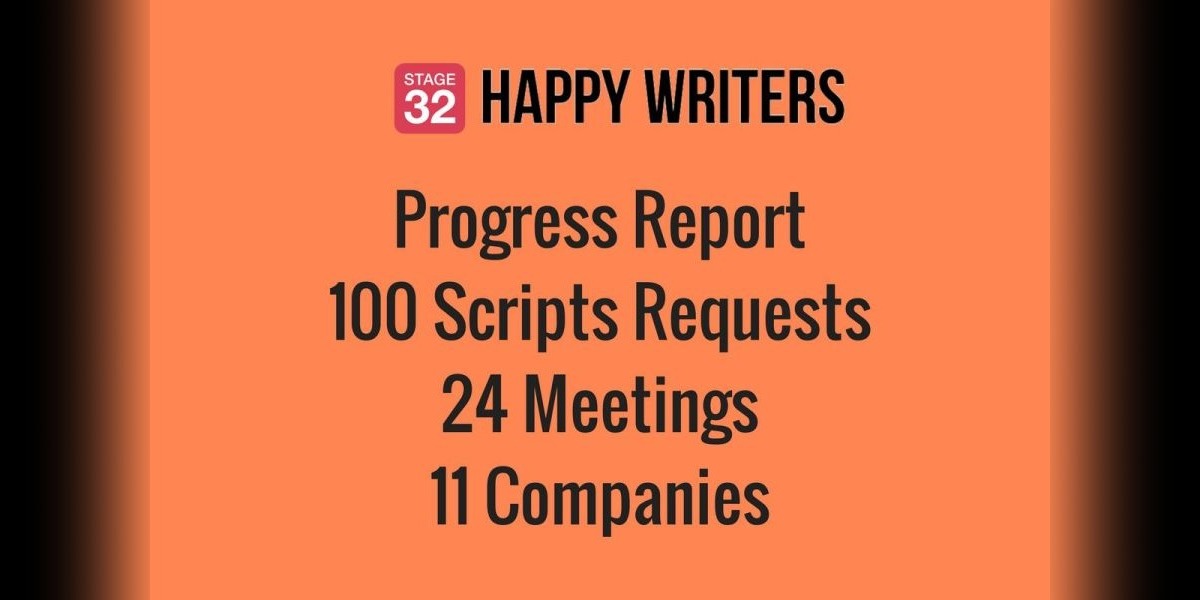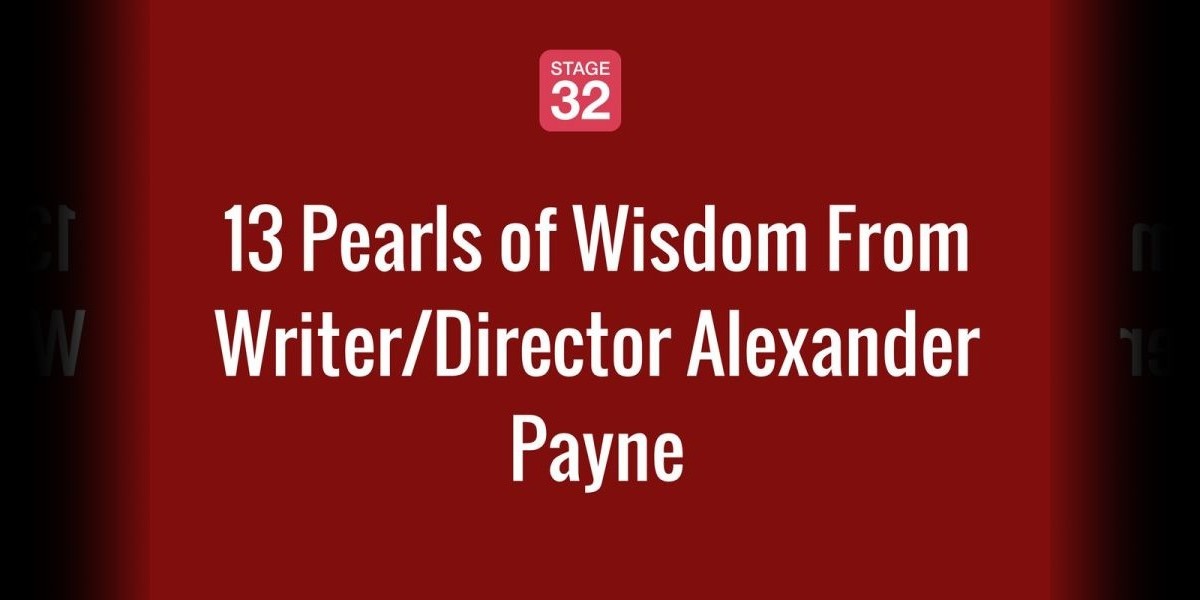13 Pearls of Wisdom From Writer/Director Alexander Payne
Yesterday, I was speaking with a producer friend of mine and he mentioned that the buzz around Alexander Payne’s upcoming film Downsizing was quite strong. (A huge shout out to our teacher Jason Roberts who AD'd the film.) That got us talking about our favorite Payne movies and his estimable skills as not only a writer, but as an actor’s director.
At one point, I recalled an article I read in MovieMaker where Payne laid down some knowledge. Through the power of Google, I found the damn thing (appropriately titled Things I Learned). And thanks to our good friends at MM, I share them here with you today. Enjoy!
RB
13 Pearls of Wisdom From Alexander Payne
- Read the last chapter of John Huston’s An Open Book, and Kazan on Kazan by Michel Ciment: They contain the whole diatribe of “Travel, live, fall in love, get your heart broken,” and say it better than I can.
- There’s no prescription—everyone’s path is different. D.W. Griffith did not go to school. What’s important is to make film.
- Utilize the availability of digital cameras, and the huge amount of filmmaking knowledge available in books and on DVD extras. It used to be that if you liked Casablanca in 1943, you never saw it again. You just had to remember it for the rest of your life. Now you can watch it over and over again. It’s miraculous!
- Study the great films and consider why they’re great. Memorize your favorite film shot by shot: when the music comes in, when it goes away, how long a look it held before cutting away to create emotion, and the dialogue. You won’t then go make that film yourself, but you’ll develop a mental spice rack over time.
- The last thing you want is a brilliant DP who’s an asshole—that’s asking for trouble.
- The beauty of collaboration is the quality and questions that you ask each other. I don’t bark out orders to be executed. The different department heads of a film deduce the film from me, and I from them.
- Within the type of two-hour narrative cinema we generally talk about, all components are important (a bad score can sink a movie, for example). But of primary importance are screenplay and casting. Those are also the two elements that generate the most problems in the editing room. You don’t have problems because you used a 50mm lens over a 35mm lens for a shot. You have problems because your screenplay is unsound or your casting is wrong.
- I arrive at a set before the actor and sometimes before the DP, and I act out the scene for myself on location. That way I have some idea of what the actors are going through, and can guide them more thoughtfully.
- One of the oldest, best pieces of advice is, “Always get your entrances and exits.” When shooting a close-up, make sure the actor can enter and leave the shot.
- You get more with honey than with vinegar. Because I have more fun making films than doing anything else in life, I’ve found that the fun I have is infectious.
- It’s hard to say what comedy is. I have no idea—I know it when I see it.
- They try and try to change your mind, and in the moment you change your mind, they lose respect for you.
- You have more power than you think.
To read the full article at MovieMaker, click here
Like this blog post? Please share it on social media (Facebook, Twitter, LinkedIn, email etc) by using social media buttons at the top of the blog. Or post to your personal blog and anywhere else you feel appropriate. Thank you.
As always, we welcome thoughts and remarks on ANY of the content above in the Comments section below...
| Quarter-Finalists Announced: 2nd Annual Comedy Writing Contest |
| Stage 32 Happy Writers Progress Report: 100 Scripts Requested, 24 Meetings, 11 Companies |
Search Stage 32 Blog
There are now 4032 blog posts for you to enjoy. Search them all by tags below.
Acting, Advice, Cinematography, Coffee & Content, Composing, Contests, Distribution, Featured, Filmmaking, Financing, Inspirational, Networking, Producing, Screenwriting, Success Stories, Tips, Trending,Relevant Tags
Recommended Articles

Insider Intel: The $10-15M Sweet Spot Hollywood's Chasing Now

Insider Intel: Packaging your Project- The Chicken or the Egg Dilemma

Stage 32 + DramaBox Join Forces to Launch World's First Vertical Drama Incubator
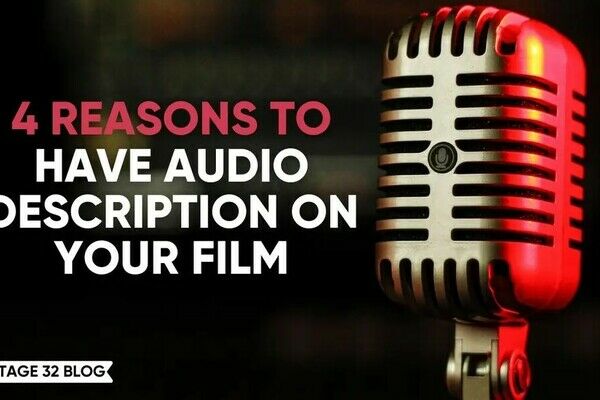
4 Reasons To Have Audio Description On Your Film

Coffee & Content: Opening Doors & Taking Control of Your Creative Path
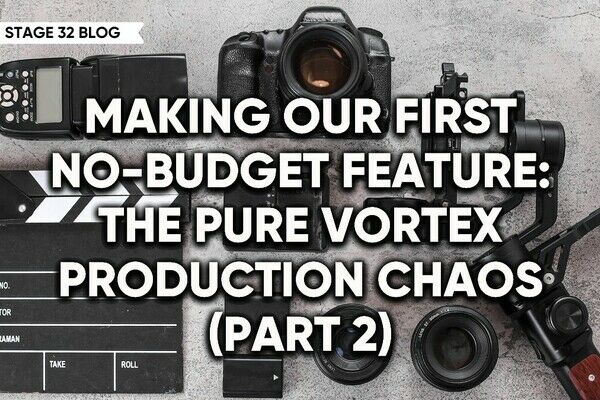
Making Our First No-Budget Feature: The Pure Vortex Production Chaos (Part 2)

Stage 32 + Mark Creative Management Partner For Exclusive Opportunity for Writers to Land Representation!

Coffee & Content: Why Your Next Step Matters More Than the Perfect Step

Green Lights and Grey Areas: Expanding Creative Collaboration in Publishing



